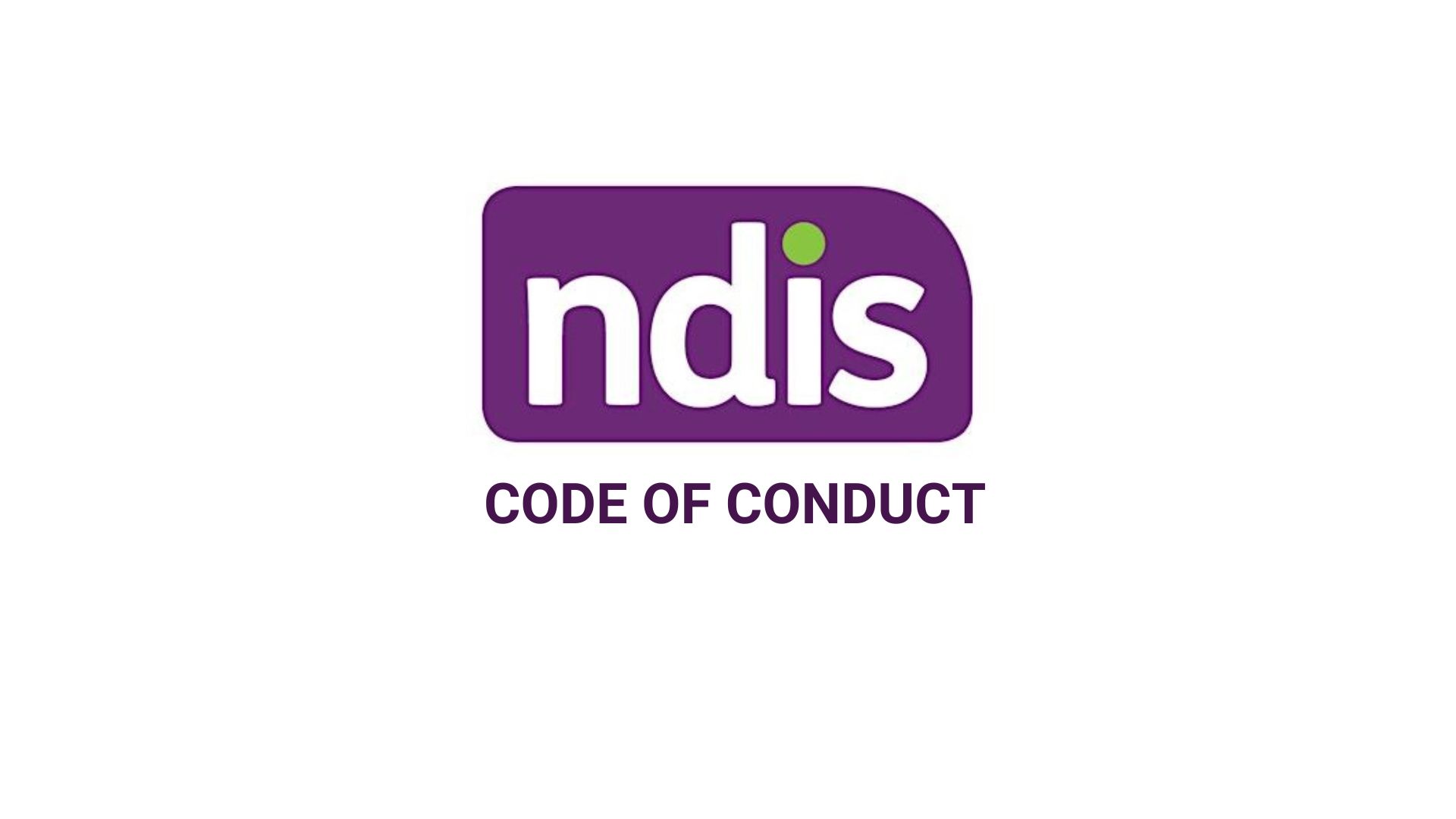Understanding the NDIS Code of Conduct

Navigating the complexities of the National Disability Insurance Scheme (NDIS) can be challenging. The NDIS Code of Conduct is crucial for service providers, workers, and business owners involved in this scheme. This Code sets the ethical and professional standards for delivering services to NDIS participants. It ensures respect, safety, and competence in service delivery.
In this article, we will delve into the intricacies of the NDIS Code of Conduct, providing a comprehensive guide for those seeking to align their operations with these standards.
The Importance of the NDIS Code of Conduct
The NDIS Code of Conduct is more than just a set of guidelines. It is a cornerstone of the NDIS, ensuring ethical and professional behavior among providers and workers. By adhering to the Code, service providers demonstrate their commitment to the rights, safety, and well-being of NDIS participants. Moreover, the Code fosters trust and confidence among participants and the broader community, reinforcing the integrity of the NDIS.
Key Principles of the NDIS Code of Conduct
The NDIS Code of Conduct is built on several key principles. These principles guide the actions of providers and workers, ensuring they deliver services with respect, safety, competence, and integrity. The Code’s principles include:
- Respect for individual rights to freedom of expression, self-determination, and decision-making.
- Providing supports and services safely and competently, with care and skill.
- Acting with integrity, honesty, and transparency.
- Protecting the privacy and confidentiality of NDIS participants.
Respect and Rights
The Code emphasizes respect for the rights of NDIS participants. This includes their right to freedom of expression, self-determination, and decision-making.
Safety and Competence
Safety and competence are paramount in the Code. Providers and workers must deliver supports and services safely, with care and skill.
Integrity and Transparency
The Code mandates integrity and transparency. Providers and workers must act honestly, transparently, and promptly respond to any concerns about the quality and safety of supports and services.
NDIS Code of Conduct Summary for Workers
The NDIS Code of Conduct summary for workers provides a condensed version of the Code’s principles. It serves as a quick reference guide, outlining the key obligations and ethical standards expected of workers. Understanding and adhering to this summary is crucial for maintaining the trust and confidence of NDIS participants and the community.
Compliance and Enforcement
Compliance with the NDIS Code of Conduct is not optional. It is a mandatory requirement for all NDIS providers and their employees. The NDIS Quality and Safeguards Commission plays a pivotal role in enforcing the Code. They handle complaints and take necessary actions to ensure adherence to the Code.
Role of the NDIS Quality and Safeguards Commission
The Commission is responsible for ensuring the quality and safety of NDIS supports and services. They enforce the Code and handle any complaints or concerns raised by NDIS participants.
Consequences of Non-Compliance
Non-compliance with the NDIS Code of Conduct can lead to serious consequences. These may include sanctions, penalties, or even revocation of NDIS registration.
Promoting a Culture of Quality Care
The NDIS Code of Conduct is more than a set of rules. It is a tool to promote a culture of quality care within the NDIS. By adhering to the Code, providers and workers contribute to a positive and supportive environment for NDIS participants.
Conclusion: Aligning Business Operations with the NDIS Code
Understanding the NDIS Code of Conduct is crucial for business owners. It provides a clear framework for ethical and professional behavior in service delivery. By aligning operations with the Code, businesses can enhance their performance and reputation. In conclusion, the NDIS Code of Conduct is a key component in promoting sustainable growth and quality care in the disability sector.
If you are interested in exploring business opportunities within the NDIS sector, visit NDIS Business for Sale for more information.
Example Practical Implementation
For example, a service provider in Melbourne incorporated regular training sessions on the NDIS Code of Conduct, resulting in improved service delivery and client satisfaction. Another provider in Sydney implemented a robust feedback system, aligning with the Code’s principle of transparency, which led to higher trust and retention rates among participants.
By integrating these principles into daily operations, businesses can not only comply with regulations but also foster a positive and ethical work environment.
For more information, visit the NDIS Code of Conduct.



